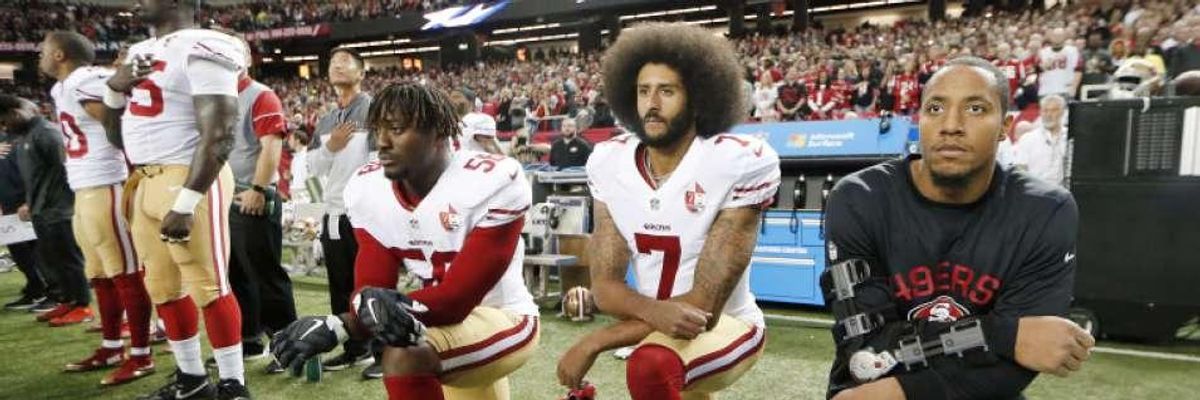Narratives are critical to building movements. They provide the "why" that helps us understand issues and take action to right wrongs. For Black Lives Matter, "the why" is combating the anti-Blackness that leads to death at the hands of cops. For the #MeToo movement, it's ending sexual harassment and assault.
I've written before on why we must rethink and reclaim racial diversity's "why" for it to become a vehicle for justice. Our movement needs to develop a new, more compelling frame.
While "the business case" for diversity--the argument that diverse groups are more efficient and good for a company's bottom line--may be true, it's uninspiring.
While "the business case" for diversity--the argument that diverse groups are more efficient and good for a company's bottom line--may be true, it's uninspiring. I say this with some humility, since my own organization has made this argument in the past. Sure, we've seen the needle move in some spaces, but the truth is it hasn't compelled America's major institutions to make the changes our people need. It's time to evolve.
The business case for diversity keeps the focus, the "why," on corporations and institutions. In this dynamic, efforts to diversify the workforce serve organizational efficiency, not people of color. Yes, diversity has real advantages to corporations, and it does make business sense. What's problematic is historically marginalized people having to make the case for our humanity. Despite an increase in educational attainment and the impending demographic revolution, we continue to be redlined out of the job market and the racial wealth gap continues to widen. Diversity's "why" must always serve people of color, and it must be used to increase our access to jobs and economic opportunity.
True, corporations aren't legally bound to rectify racial inequities. That's exactly why the public can't leave it to them alone or limit ourselves to advocating within the business community's comfort level. We must be willing to talk about subjects that are uncomfortable, including the business community's role in tolerating and propagating discrimination.
The business case may want our bodies, but it leaves little room for our hearts and minds.
Diversity speaks to numbers, while inclusion forms culture and how it supports, or doesn't support, people of a shared identity.
Colin Kaepernick, former quarterback for the San Francisco 49ers, serves as a great example of this dynamic. The NFL valued him to the tune of $126 million for winning games, but things quickly changed once he started the #TakeAKnee movement to protest police violence. Eight months after his first demonstration he found himself without a team and continues to be unsigned, despite his high ratings. This is where the difference between diversity and inclusion becomes critical. Diversity speaks to numbers, while inclusion forms culture and how it supports, or doesn't support, people of a shared identity.
People of color and our allies must be explicit and uncompromising in demanding access to economic opportunity. Civil rights leaders did this by fighting for access to education, the workplace, and contracts. We must reclaim diversity's radical origins and advance a narrative that first and foremost serves people of color, not businesses. We must use our "why" to fight for policies that hold corporations accountable and change the structures that limit our potential.
In the words of Dr. Martin Luther King Jr., "...while it may be true that morality cannot be legislated, behavior can be regulated. It may be true that the law cannot change the heart, but it can restrain the heartless. It may be true that the law cannot make a man love me, but it can keep him from lynching me and I think that is pretty important, also." Corporations will only be as good as we make them be. We must harness our collective power through relentless, unapologetic activism.




